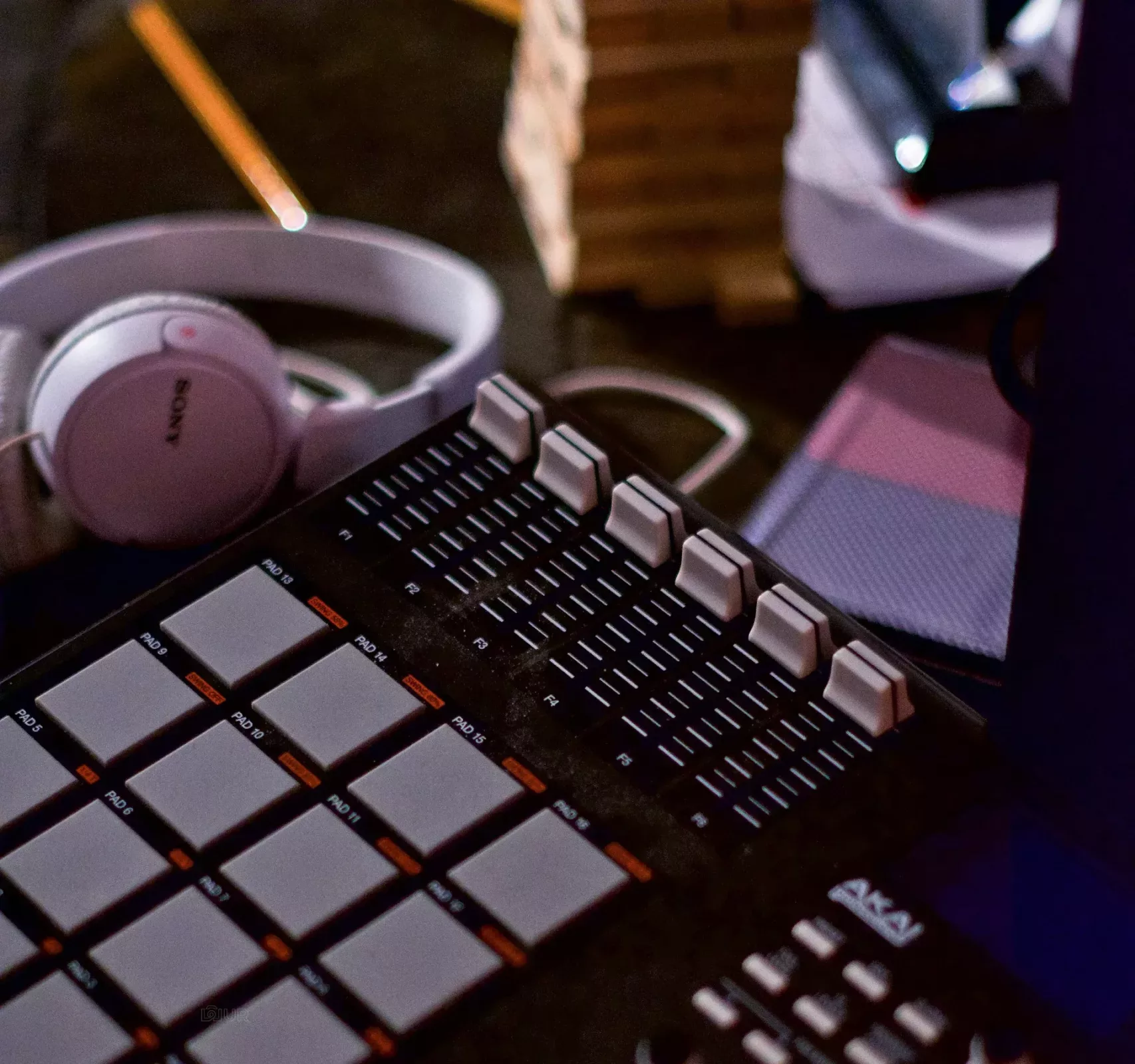In a landmark legal battle, major record labels Sony Music, Universal Music Group, and Warner Records have filed lawsuits against artificial intelligence companies Suno and Udio. The lawsuits, filed on Monday, accuse these AI firms of mass copyright infringement by using the labels’ recordings without permission to train their music-generating AI systems.
The Allegations
The crux of the lawsuits, filed in federal courts in New York and Massachusetts, is that Suno and Udio allegedly copied music without authorization to develop systems capable of generating new music. According to the record labels, this practice not only infringes on their copyrights but also threatens to “directly compete with, cheapen, and ultimately drown out” the work of human artists.
Statements from the Parties Involved
Mikey Shulman, CEO of Suno, defended the company’s technology, stating, “Our technology is transformative; it is designed to generate completely new outputs, not to memorize and regurgitate pre-existing content.” However, representatives from Udio have not yet responded to requests for comment regarding the lawsuits.
Specific Claims in the Lawsuits
The complaints detail how Suno and Udio‘s AI users have been able to recreate elements of iconic songs such as The Temptations’ “My Girl,” Mariah Carey’s “All I Want for Christmas Is You,” and James Brown’s “I Got You (I Feel Good).” The AI systems are also capable of generating vocals that are “indistinguishable” from famous musicians like Michael Jackson, Bruce Springsteen, and ABBA.
Potential Damages and Legal Precedents
The record labels are seeking statutory damages of up to $150,000 per song allegedly copied by the defendants. Specifically, Suno is accused of copying 662 songs, while Udio is accused of copying 1,670 songs. This case marks the first time music-generating AI companies have been targeted in such a lawsuit, following previous cases against AI firms for text-based copyright infringements.
Industry Reactions and Broader Implications
Mitch Glazier, CEO of the Recording Industry Association of America, criticized the AI companies, stating, “Unlicensed services like Suno and Udio that claim it’s ‘fair’ to copy an artist’s life’s work and exploit it for their own profit without consent or pay set back the promise of genuinely innovative AI for us all.”
The lawsuits also highlight the financial backing and growing capabilities of these AI companies. Cambridge, Massachusetts-based Suno and New York-based Udio have both raised millions in funding this year to develop their AI systems, which create music based on user text prompts.
The Future of AI and Music
The complaints further allege that Suno and Udio have been “deliberately evasive” about the material used to train their technology. According to the record labels, admitting the use of copyrighted material would expose “willful copyright infringement on an almost unimaginable scale.”
Conclusion
This legal confrontation between major record labels and AI companies Suno and Udio underscores the tension between technological innovation and intellectual property rights. As AI continues to evolve and integrate into various creative industries, the outcomes of these lawsuits could set important precedents for how AI-generated content is regulated and how creators are protected. The music industry’s proactive stance against unlicensed use of their work highlights the importance of safeguarding artistic endeavors in the age of artificial intelligence.
More News: Tech News


